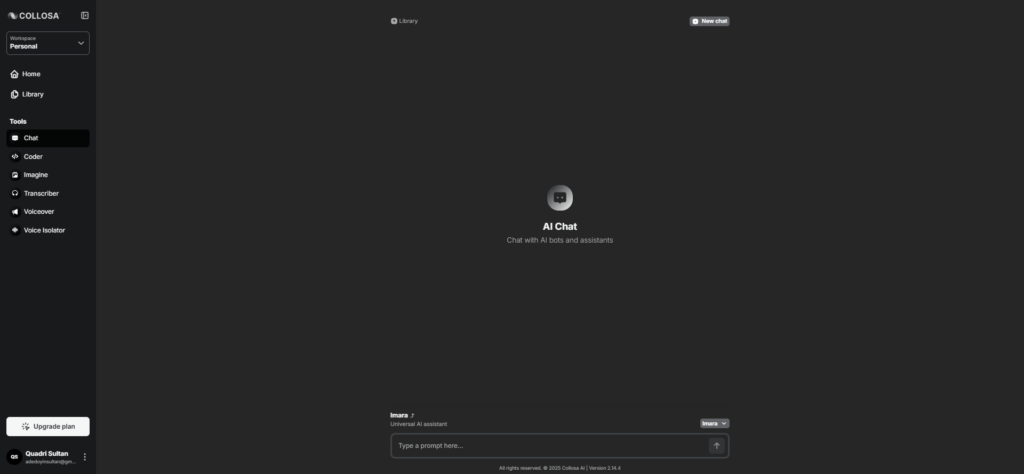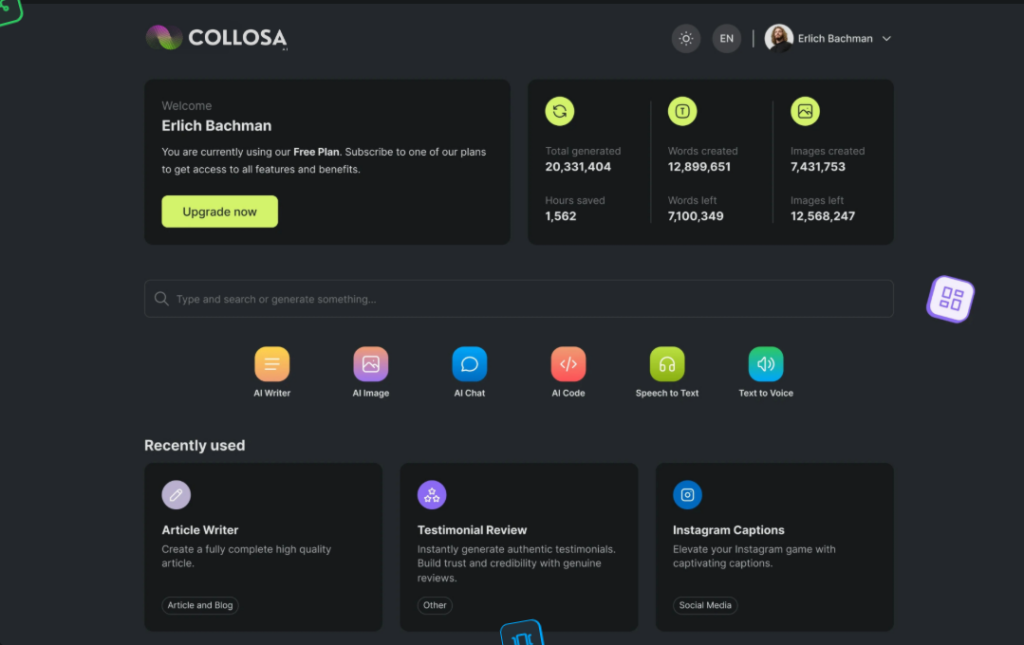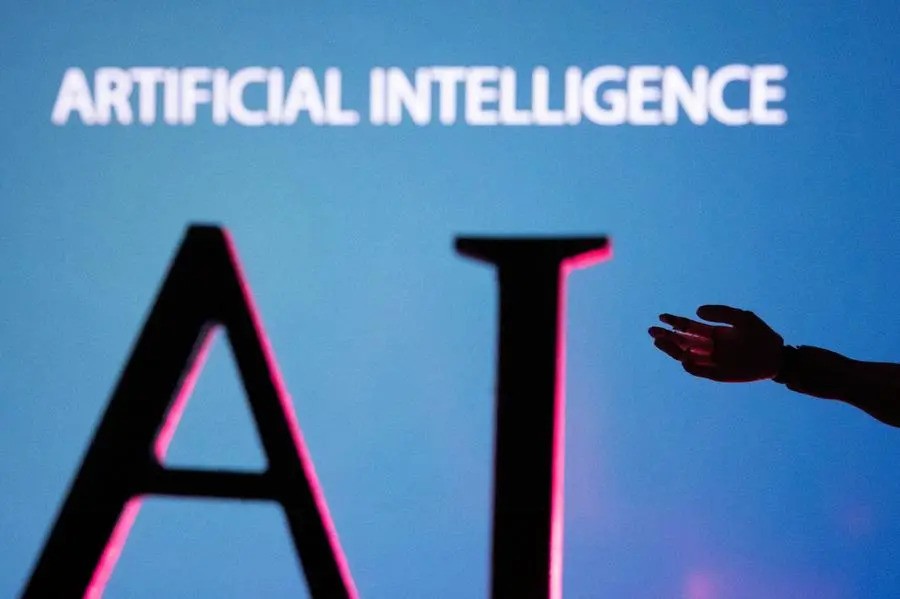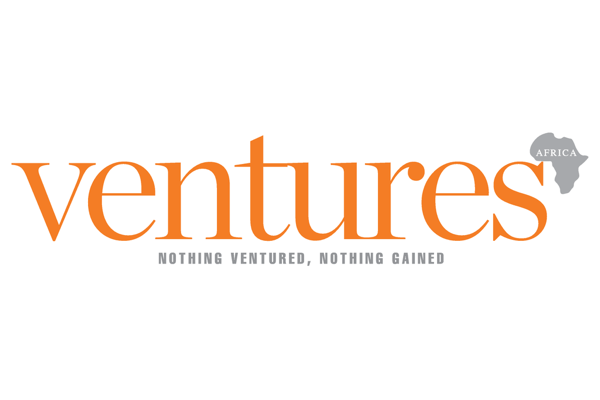Africa’s challenging business climate might be the best place to test your business acumen. However, you can try building artificial intelligence (AI) models in Africa for a more demanding challenge. You can go from worrying whether you will get enough affordable power to keep your computers on, to worrying if your next consignment of computer chips will not be delayed in the US, to getting stuck without any available research in your local context, to getting frustrated when your customers ask you to drop the cost of your services because they can not afford them.
Unsurprisingly, Africa’s most developed technology ecosystems rank low on the IMF’s AI Preparedness Index. This index evaluates nations’ readiness to integrate AI into their public and business sectors, considering factors like digital infrastructure, human capital investments, inclusive STEM expertise, the vibrancy of the R&D ecosystem, and contemporary regulatory frameworks. Island nation Mauritius is the highest-ranked country in Africa at 60th; South Africa holds the 69th position; East Africa’s tech hub, Kenya, is ranked 88th; and Nigeria, arguably Africa’s largest technology hub, is at 136th.
Previously, the substantial upfront investment needed to power AI models in the West has left industry watchers and experts concerned about the potential exclusion of builders in regions like Africa, which lack similar funding opportunities. For context, AI development company OpenAI raised $10.6 billion in 2024, while the total funding for technology startups across 54 African countries was $3.2 billion, according to data released by global investment firm Partech. At least, that was the common perception until China developed an AI model, DeepSeek R1, reportedly for $5.6 million.
Africa’s technology ecosystem has attracted billions in funding, but a significant portion of that has been directed towards fintech companies, leveraging considerably developed financial infrastructures, while deeptech and hardware industries have been sidelined. As AI readiness, capabilities, and proficiency have become essential for individuals, companies, and nations, entrepreneurs in this field must navigate a lack of infrastructure, an absent government support and small to non-existent market opportunities. Recently, African AI companies have also had to contend with widening U.S. chip bans. Despite these challenges, a Nigeria-based AI platform is addressing these issues one at a time while building its user base in a nonexistent market.

Kossiso Udodi Royce, a Nigerian technologist, started building Collosa AI when he realized that most Africans cannot afford the $20 monthly subscription cost of popular AI chatbots like ChatGPT and Gemini. With Nigeria’s minimum wage at N70,000 ($43.8), his thesis was confirmed.
Udodi’s team found that African companies were subscribing to AI services like text generation, image generation, audio generation, and transcription, but were not exhausting their subscriptions due to affordability issues. In response, Collosa AI built a workspace that bundles these services for as low as N2,000 ($1.25) per month. Users can choose between Collosa AI’s native model, Imara, or other top models like DeepSeek’s R1, Alibaba’s Qwen 2.5, or Google’s Gemma.
Collosa AI achieves this by distilling various top-level AI models and offering them as a suite of services on one platform. “We wanted to ensure that AI is available for people in Africa, just like the rest of the world,” Udodi said. His sales strategy is to get customers to start with a few units and then gradually increase their subscriptions.
While Collosa AI has successfully developed an AI platform that serves thousands of customers, it currently does so by renting data infrastructure in the US. However, to scale, the firm is considering building its local infrastructure to expand across Africa. Here, we document the process of building AI models in Africa, while spotlighting the hurdles and opportunities.
What does it take to build an AI model in Africa?
Generative AI, the kind that produces results in the form of text, image, audio or video, requires complex network infrastructure called data centres, where data is stored and synthesised for intelligent output. But they require huge upfront capital and are very expensive to build, so not all AI companies can afford them. That’s why Collosa AI aims to build inference clusters – data centres that are built specifically to run open source models and serve those open source models while demanding less computation than model training. “The current way open source is going, we realised that it is cost-effective if we begin to work towards building our inference clusters,” Udodi said.

Udodi believes that while open-source models will grow to be better than closed-source models in the next decade, the demand for computing will nonetheless increase. Establishing AI infrastructure locally will reduce the cost of AI services, as current subscription fees reflect the US’s cost of operation, Udodi stated. Similarly, he explained that creating local AI infrastructure will assist African countries in building tech industries that function effectively and achieve technological independence. “AI is going to be the deciding factor for economies that advance to the next stage and those that remain stagnant; you can not afford to rely on other nations for your computing tasks,” Udodi remarked.
Udodi explained that it would require about $4 million to develop an African-native AI model. This investment would cover the expenses of building inference models, accessing a variety of suitable text and image models, including DeepSeek R1 and Qwen 2.5, as well as purchasing computer chips from NVIDIA or Huawei. While NVIDIA produces the best chips, the US embargo on chips, which leads to delayed deliveries and sales of outdated models to other countries, is prompting Udodi to turn to Huawei, which offers lower prices, quicker deliveries, predictability, and delivers up to 93% of the performance of NVIDIA chips.
Data centres and inference clusters need a stable power supply and reliable internet connection, making Accra the ideal location for building them, Udodi noted. Additionally, a Facebook undersea cable landing, democratic predictability, and a consistent supply of technical talent made Ghana attractive to Udodi.
A significant gap in AI research within the African context has left Udodi and his team unsettled, leaving them to create research materials from scratch while simultaneously innovating.
AI literacy is also one of the major problems that Udodi have had to face. Udodi noted that he has faced some challenges in convincing businesses to integrate AI into their workflow and develop the required expertise. “Overall, I think Africa needs to focus on building literacy across the board, because this is the only way people can have better jobs and build better companies that would have the disposable income to add AI to their workflow.”
Inside Collosa’s business wins and hurdles
Collosa AI has 10,000 users in Nigeria and is considering expanding to Rwanda, Ghana, and Kenya in the coming months. Collosa AI is eyeing scaling its products to more Africans by building inference, lowering cost and setting up on-premise LLMs for businesses. Collosa AI is also motivated to keep subscription costs low because its heaviest users are students and freelancers.

According to Udodi, 5% of its users are student data analysts, while over 1,000 freelancers provide digital assistance and content creation on the platform. Collosa AI enjoys patronage from freelancers who use the platform’s text-to-speech service for voice-overs, videos, and content creation, as well as from student data analysts using the platform for data collection and analysis.
Udodi describes building an AI platform in Africa as “hectic” due to low purchasing power, a lack of research, and reliance on foreign technical infrastructure. He believes that to create something as complex as AI, African builders must conduct the necessary research and develop the required infrastructure. “We need to reduce the cost of computing,” Udodi said, referencing the need to build affordable AI services by building local infrastructure.
An ideal scenario for Udodi involves constructing inference clusters, expanding Collosa AI’s capacity to serve more users, and persuading more businesses to invest in research. “If companies are squeezed and barely have enough to stay afloat, all we will be doing is copying and pasting. We need more R&D to establish a stable AI ecosystem and remain competitive globally.”





